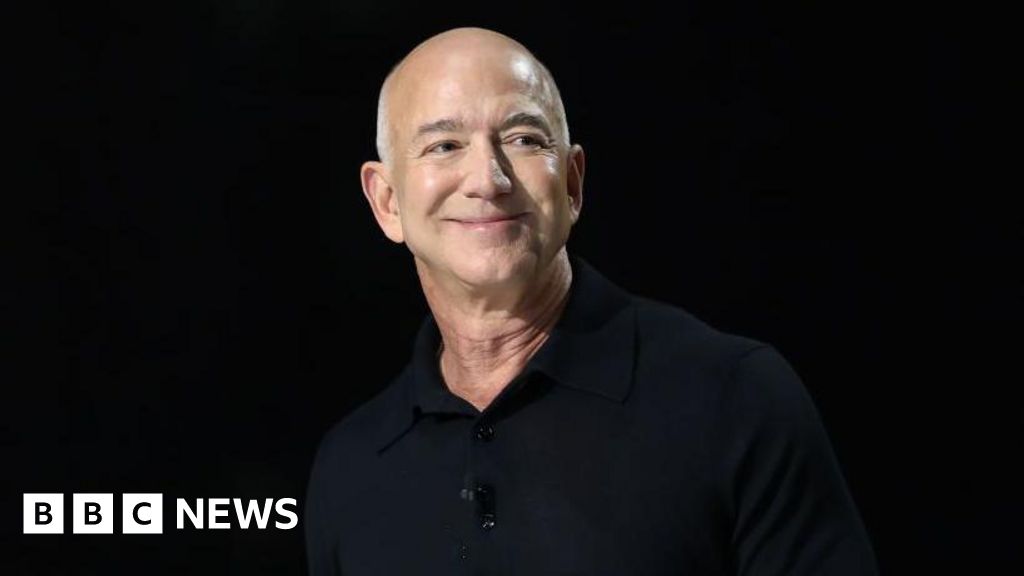
Washington Post’s New Direction: Jeff Bezos Focuses on Personal Liberties and Free Markets
Jeff Bezos, the owner of the Washington Post, recently revealed a significant transformation in the newspaper’s opinion section, which will now prioritize discussions around "personal liberties and free markets." This shift means that content opposing these views will no longer be featured, signaling a departure from the section’s traditionally diverse opinion offerings.
This change led to the resignation of David Shipley, the newspaper’s opinion editor. In a memo shared with staff and posted on X (formerly Twitter), Bezos expressed his vision for the opinion section. "Every day we will advocate for and defend two core principles: personal liberties and free markets," he stated.
Bezos clarified that while the opinion section will address other subjects, "viewpoints contrary to these principles will be published elsewhere." He remarked on the evolution of newspaper roles, highlighting that, in the past, a newspaper’s broad opinion section was seen as a valuable service, but he believes that the internet now fulfills that need.
Bezos approached Shipley to discuss the forthcoming changes, but Shipley opted to resign. "This marks a substantial transition, and it’s going to be challenging. It demands complete dedication, and I respect his choice," Bezos noted.
This decision represents a notable intervention in the editorial direction of the Washington Post, which Bezos acquired in August 2023. It follows a previous move to halt presidential endorsements entirely, which caused some unrest among staff and led to a decline in subscribers.
Will Lewis, the chief executive of the Washington Post, assured staff that the revised approach to the opinion section does not favor any specific political party. "Our aim is to clearly articulate the values we uphold as a newspaper," he explained.
The decision has garnered support from notable figures, including Elon Musk, who applauded Bezos on social media with the remark, “Bravo, @JeffBezos!" However, some readers expressed discontent in the comments section of the Washington Post article detailing the changes, indicating that they might cancel their subscriptions as a result.
As the Washington Post embarks on this new chapter, the implications for its editorial stance and its audience will be closely monitored.









